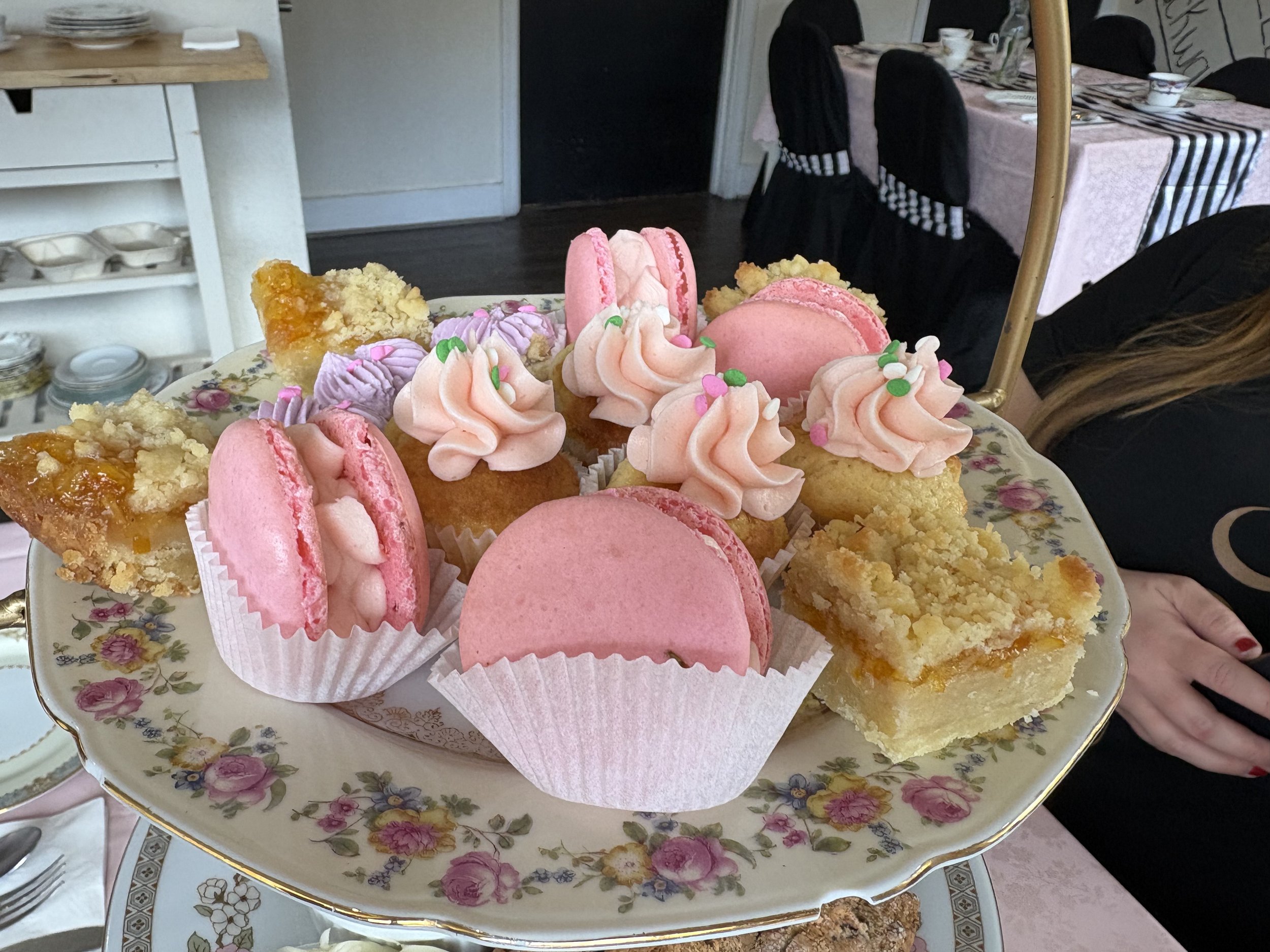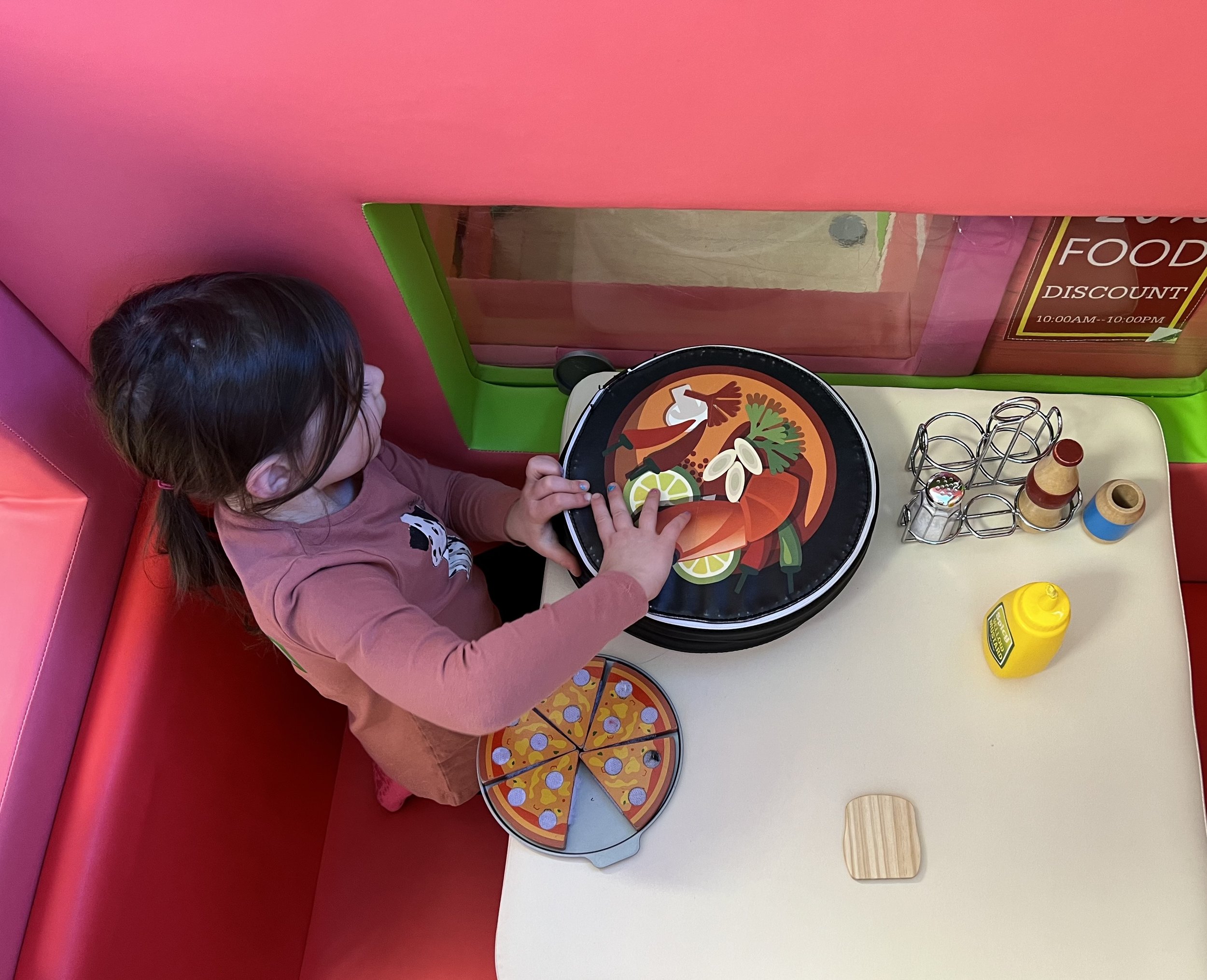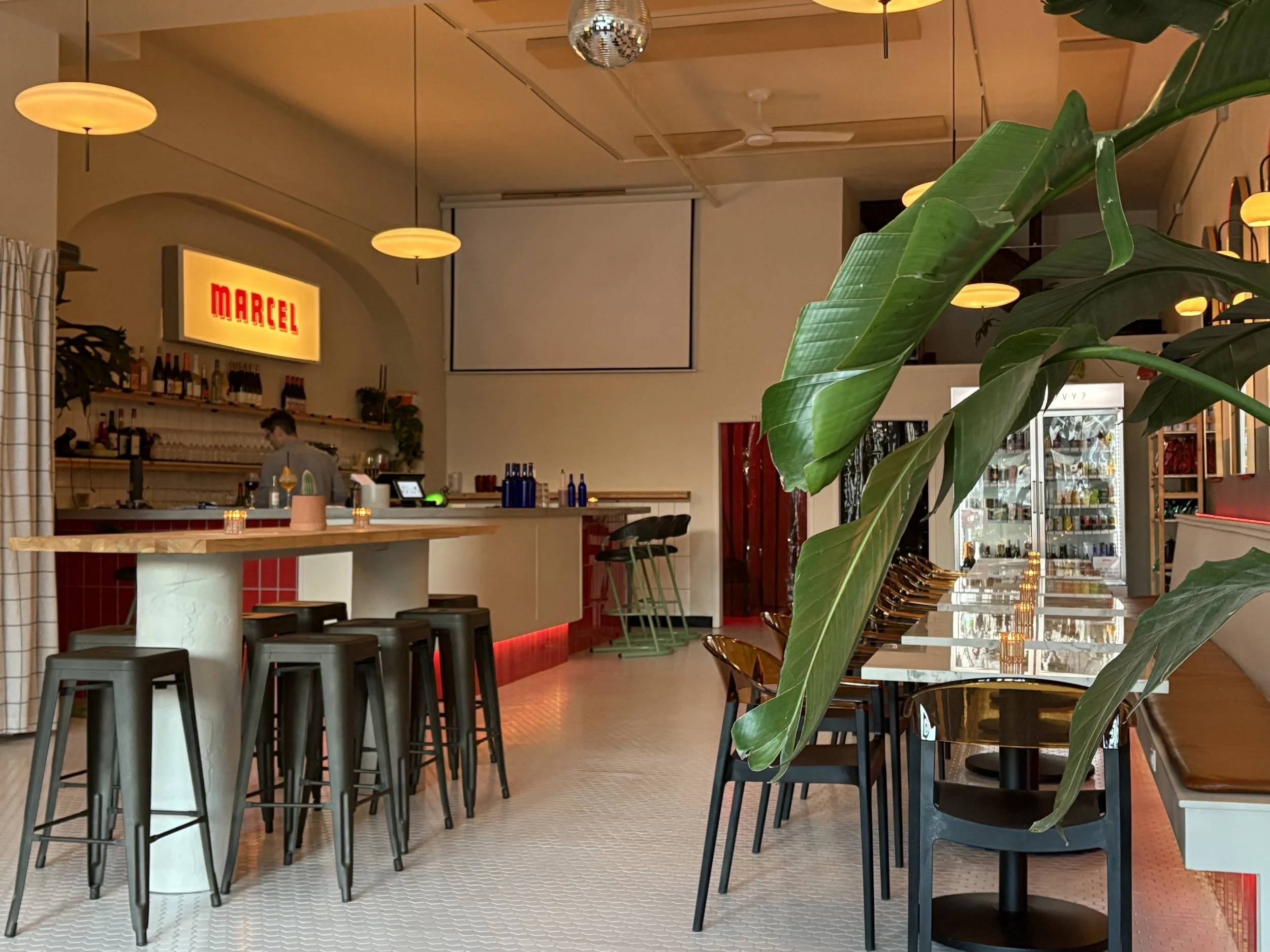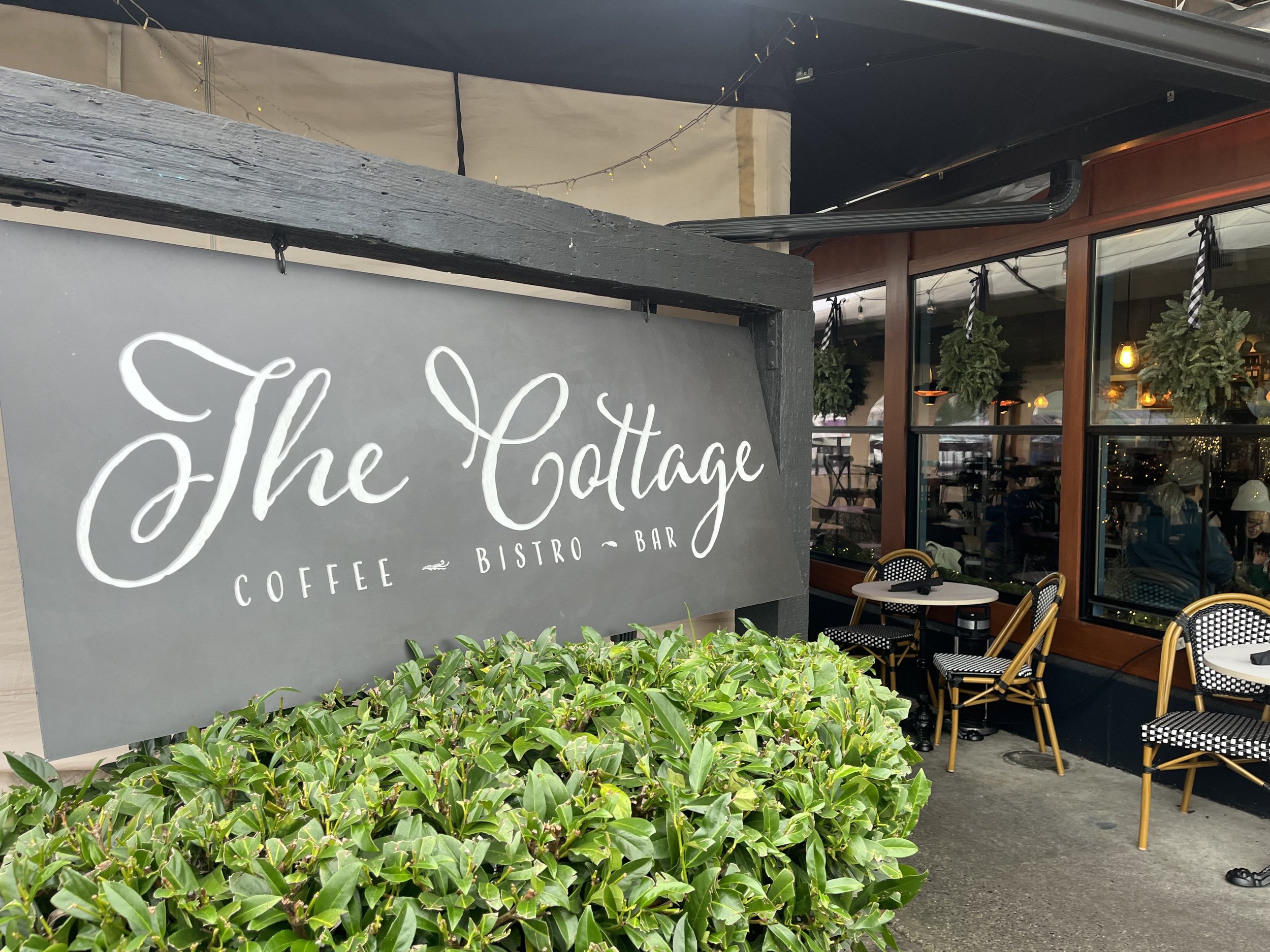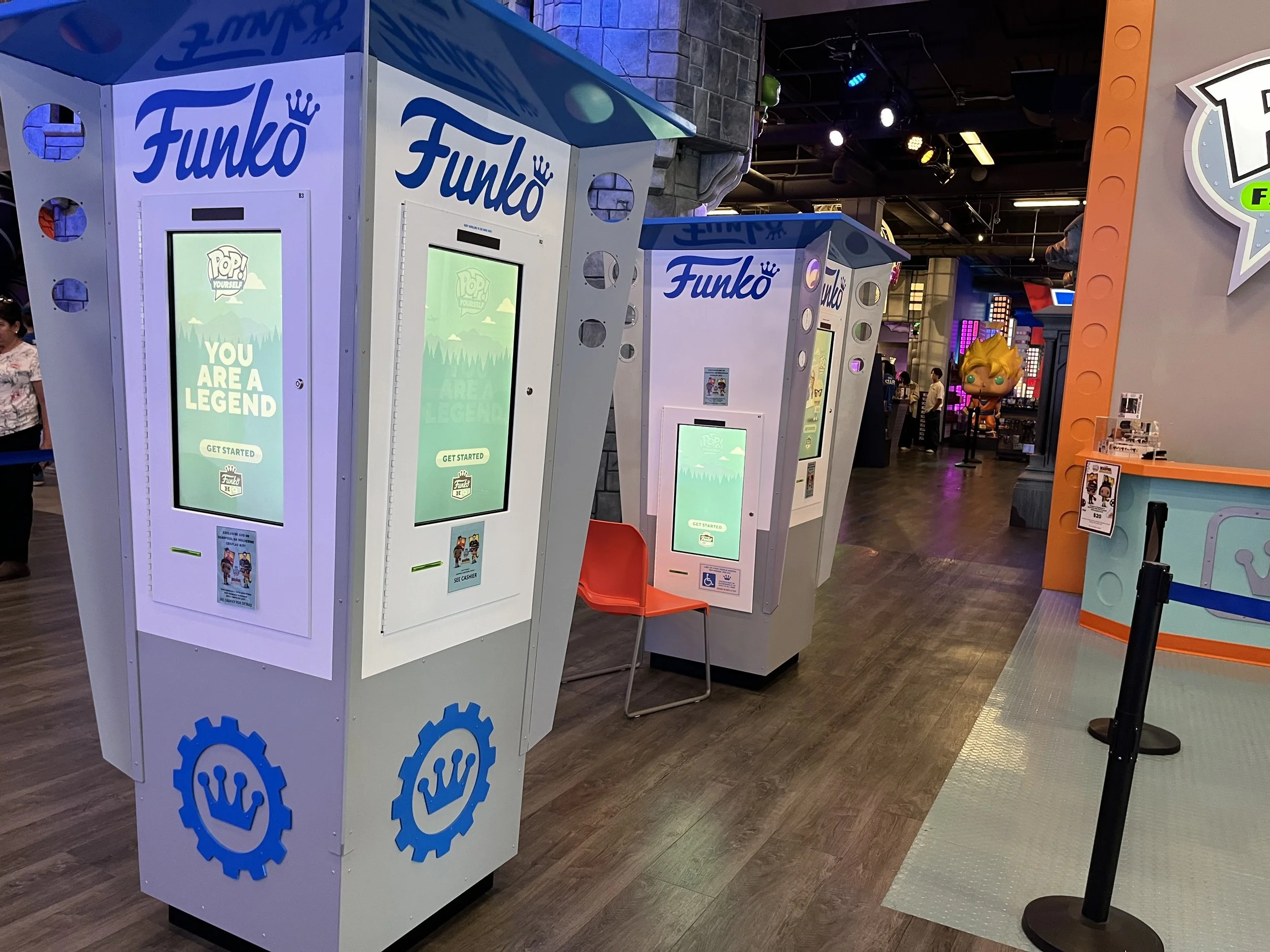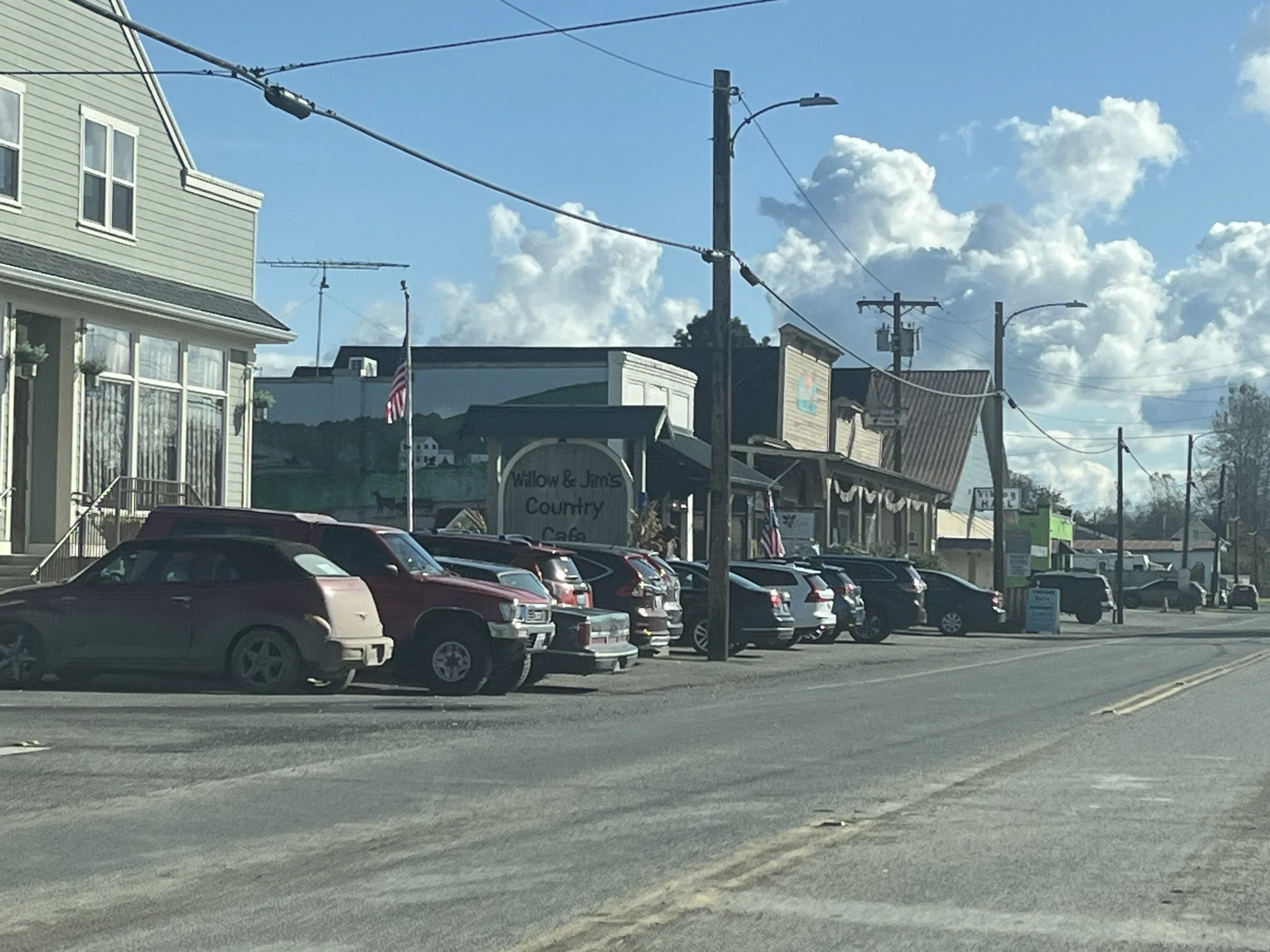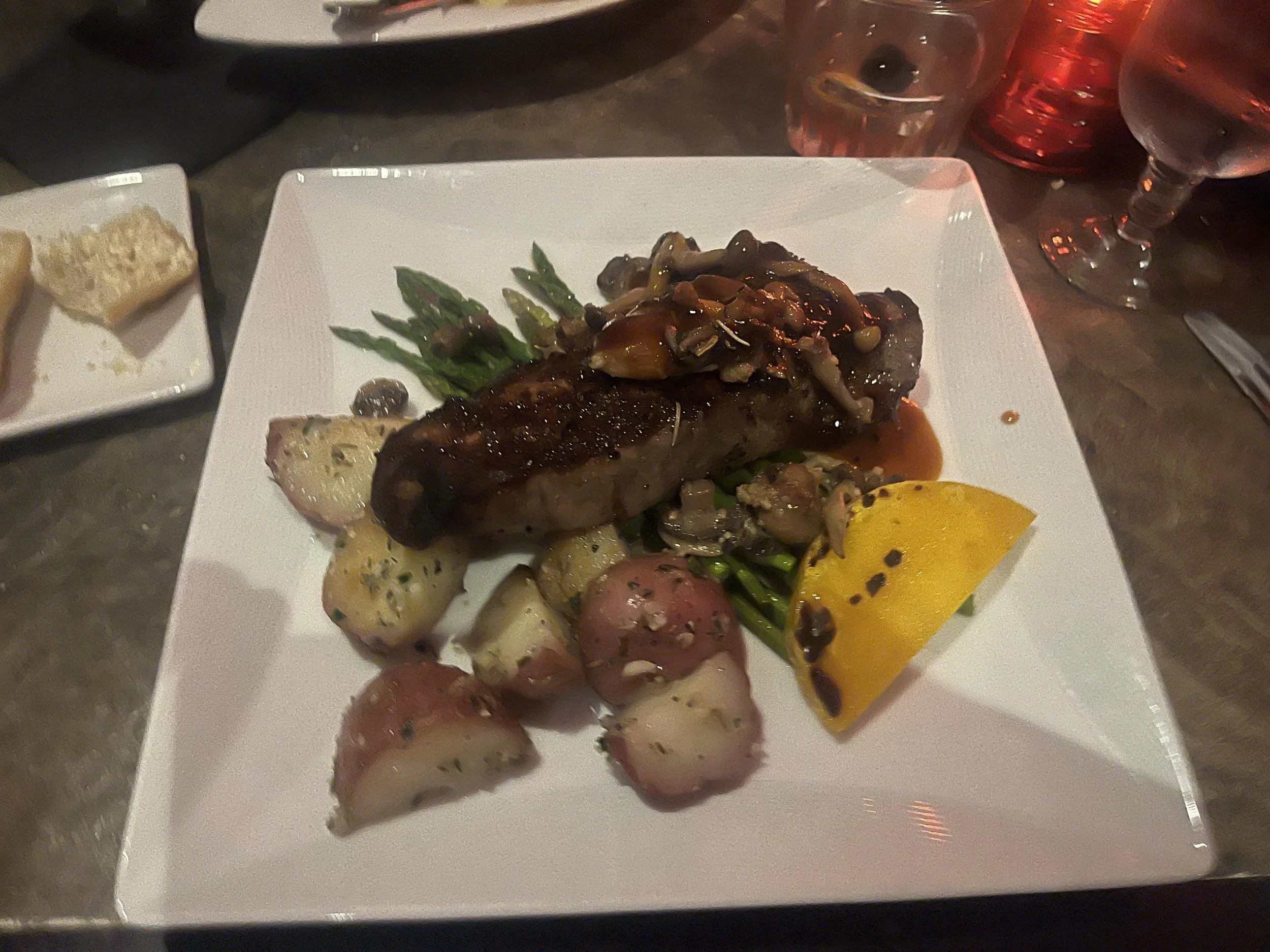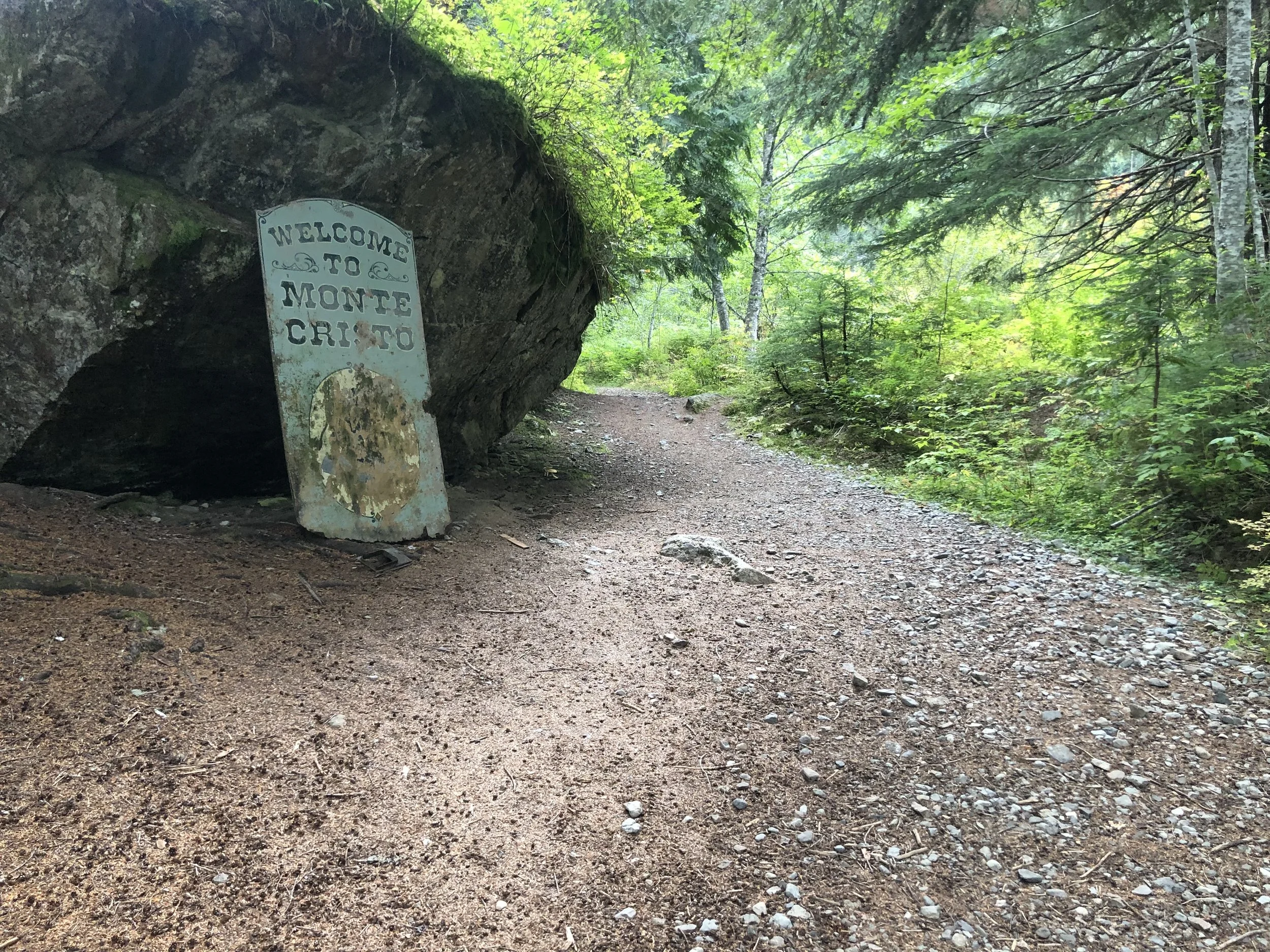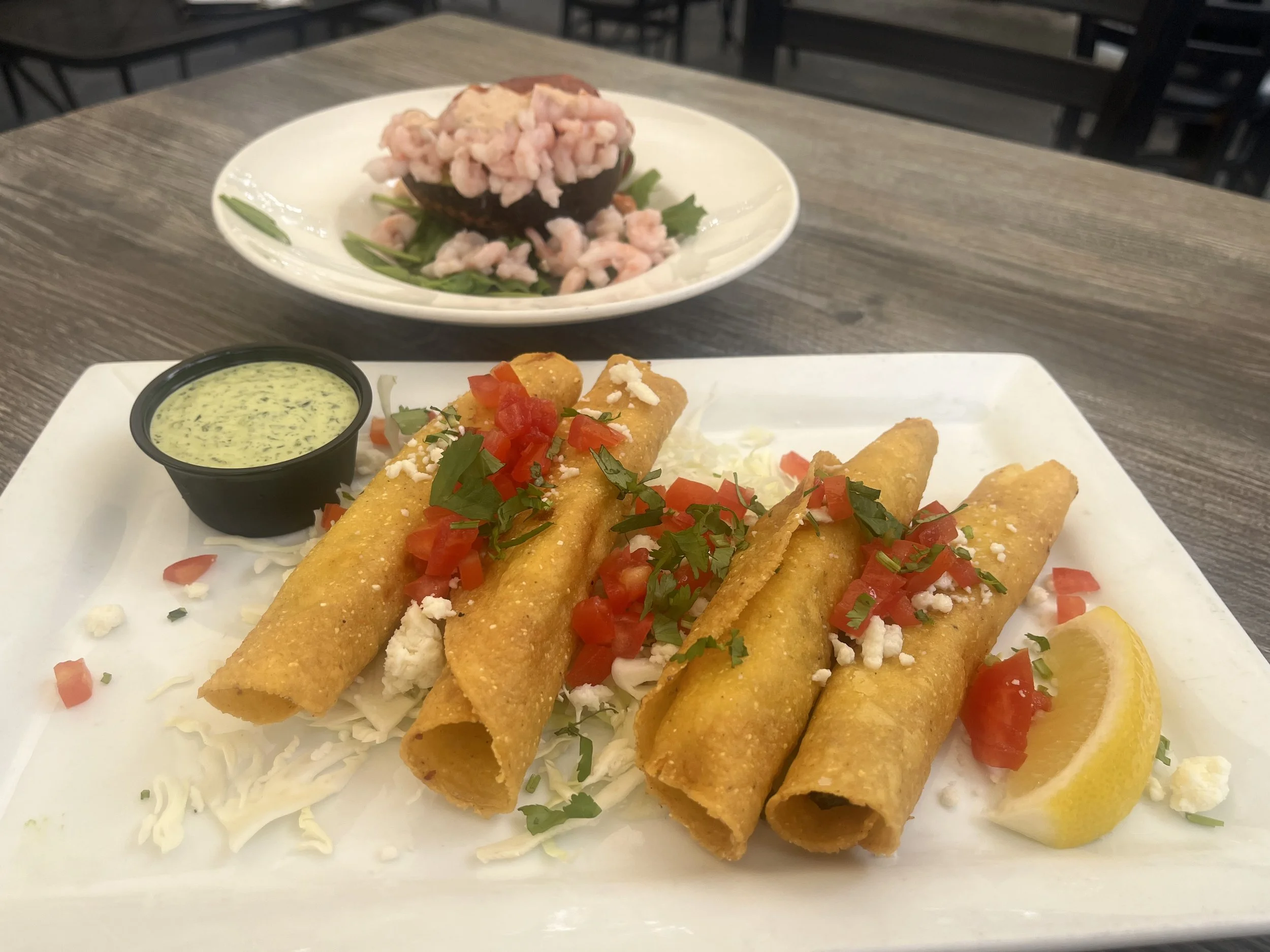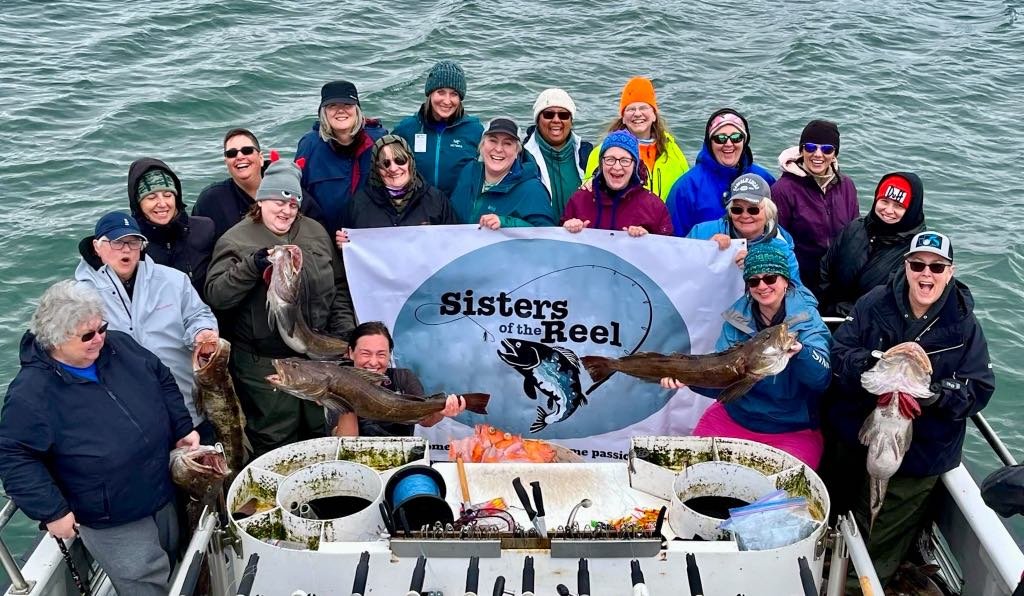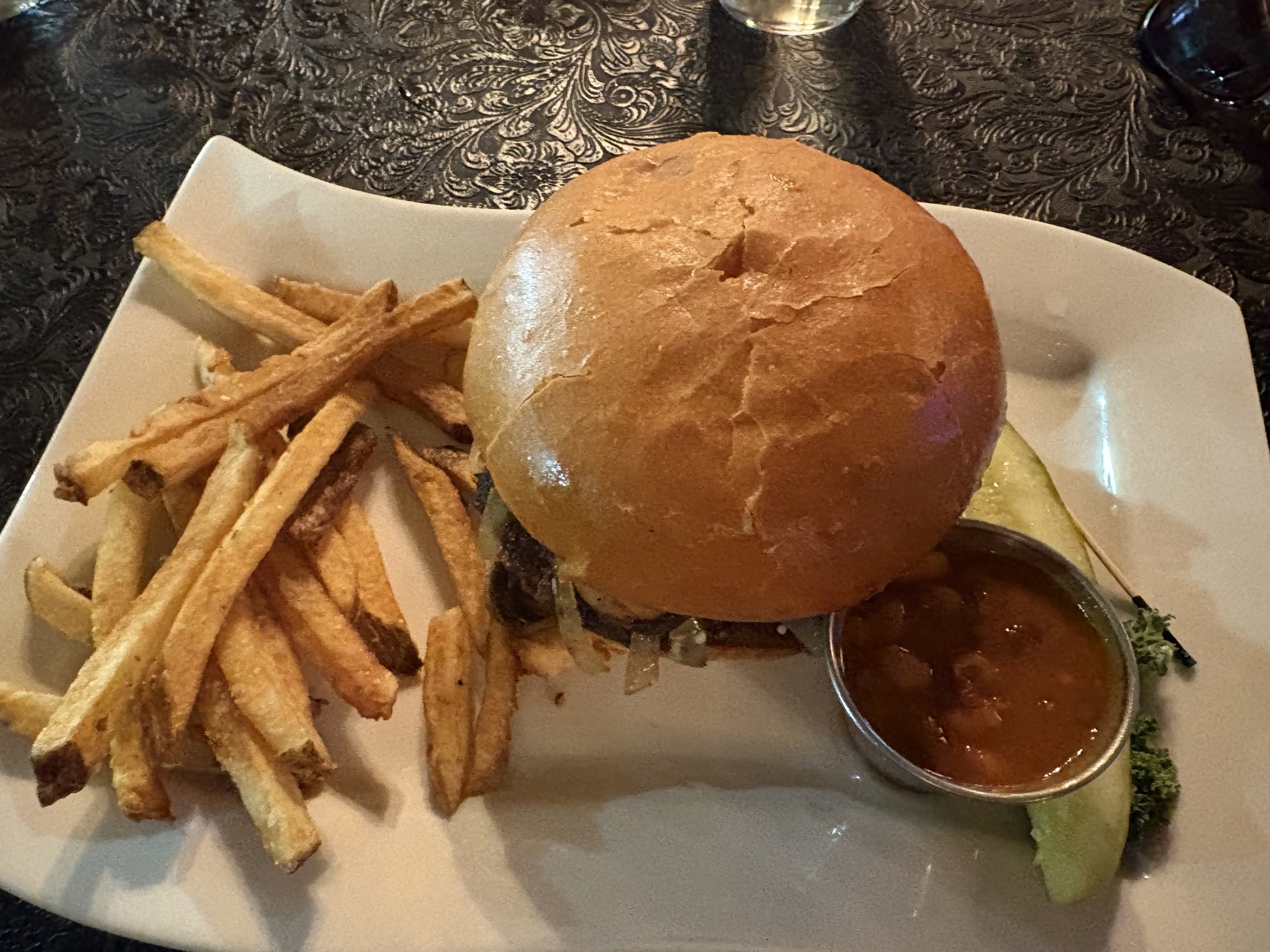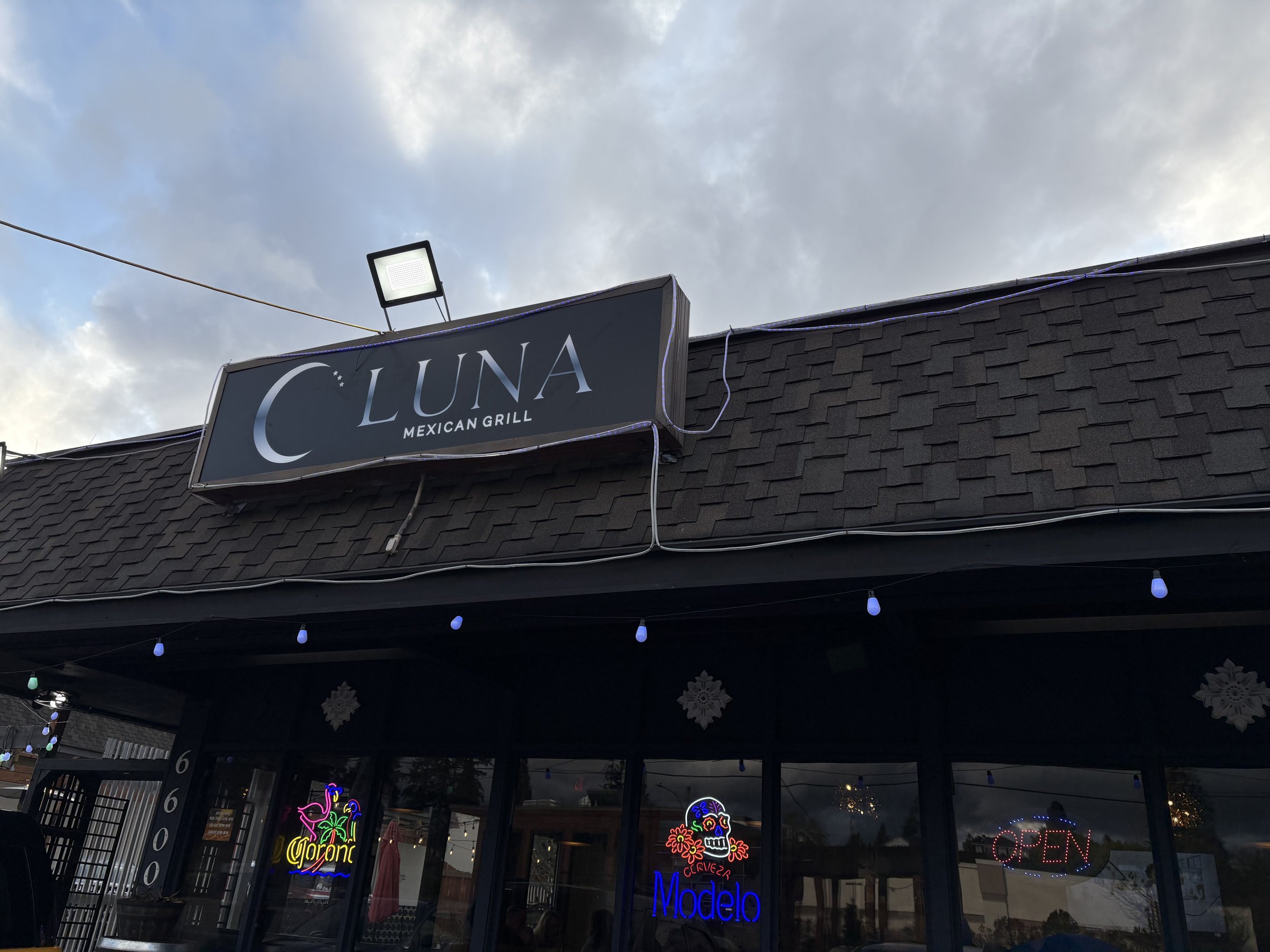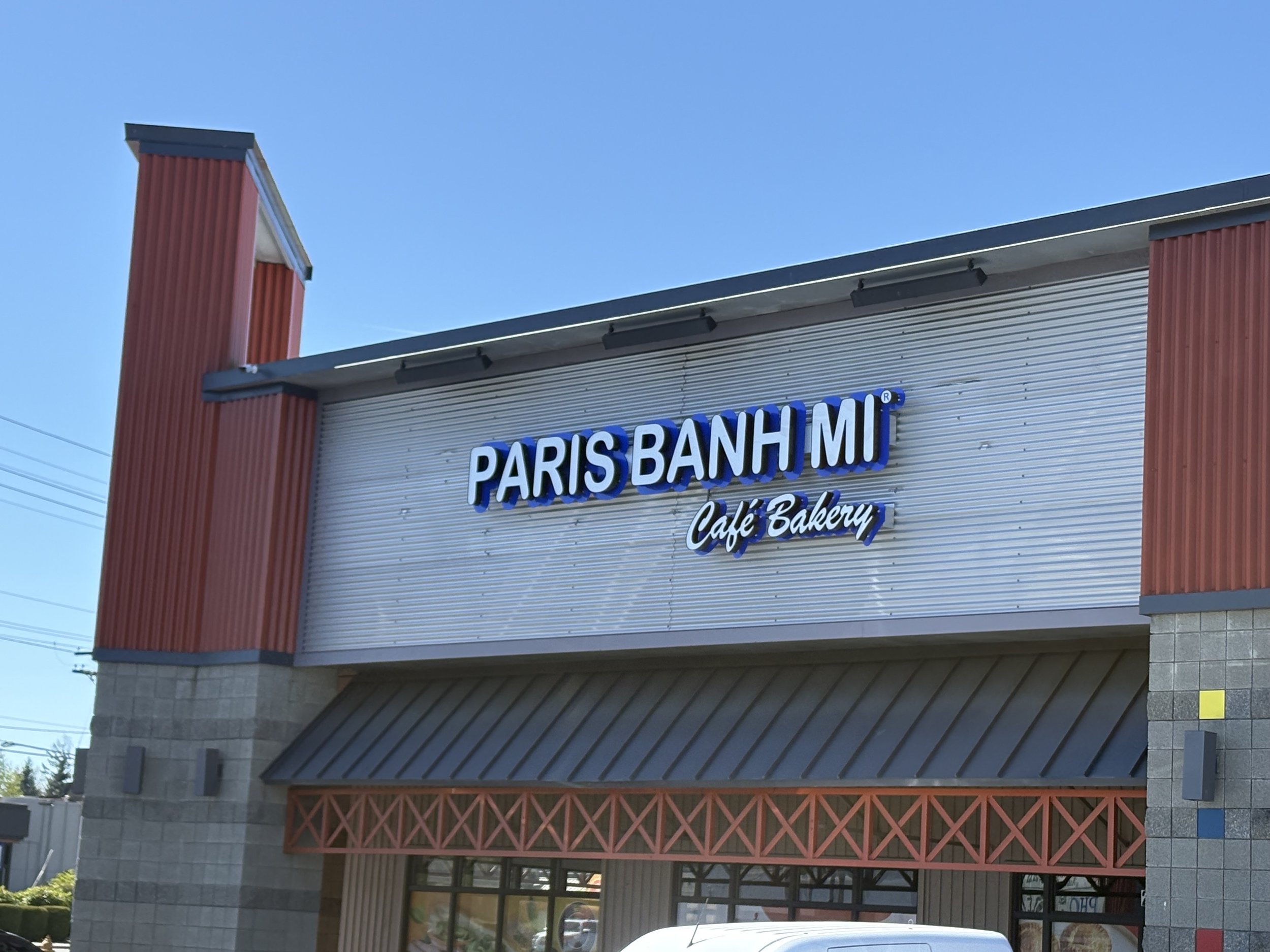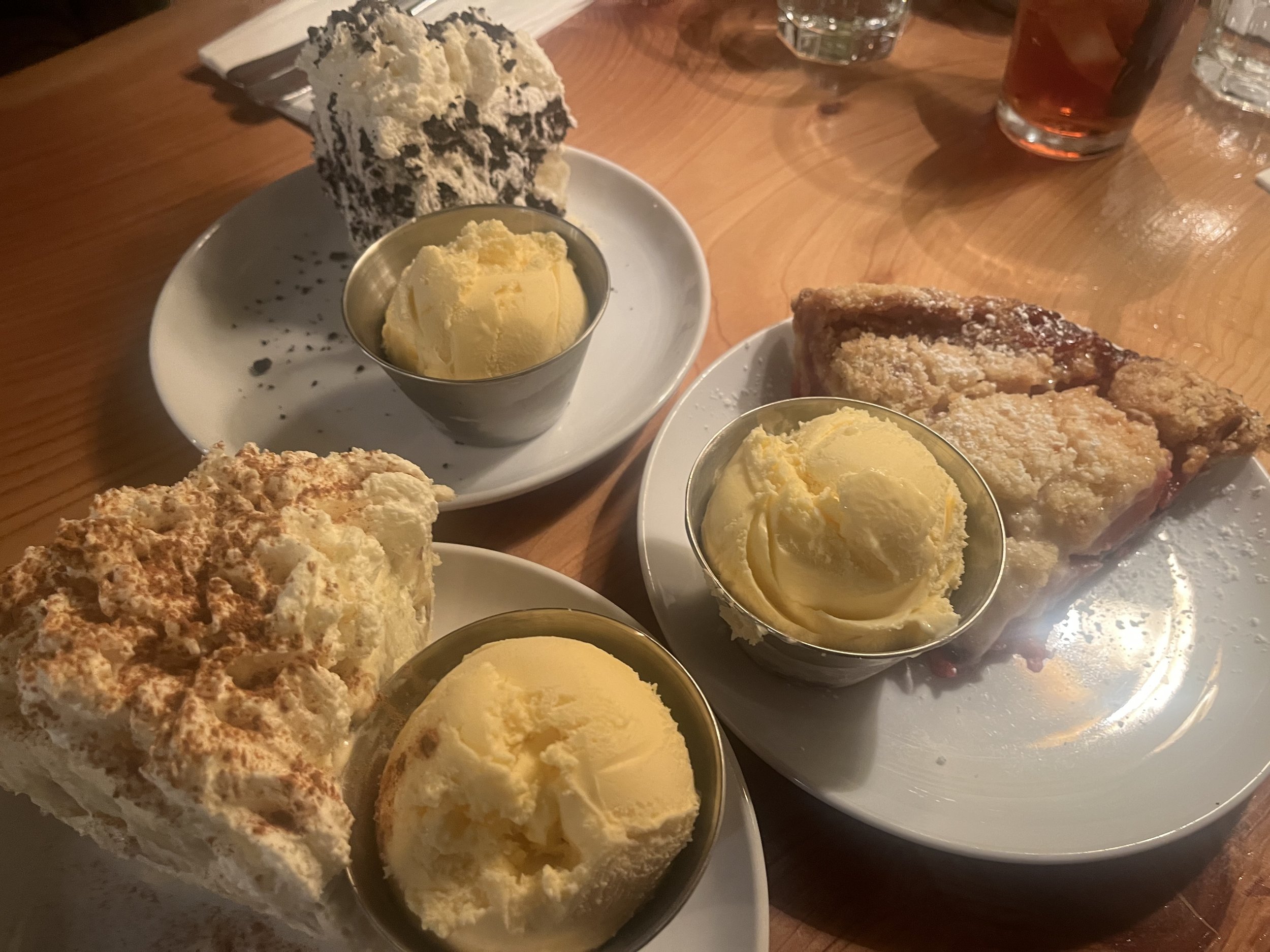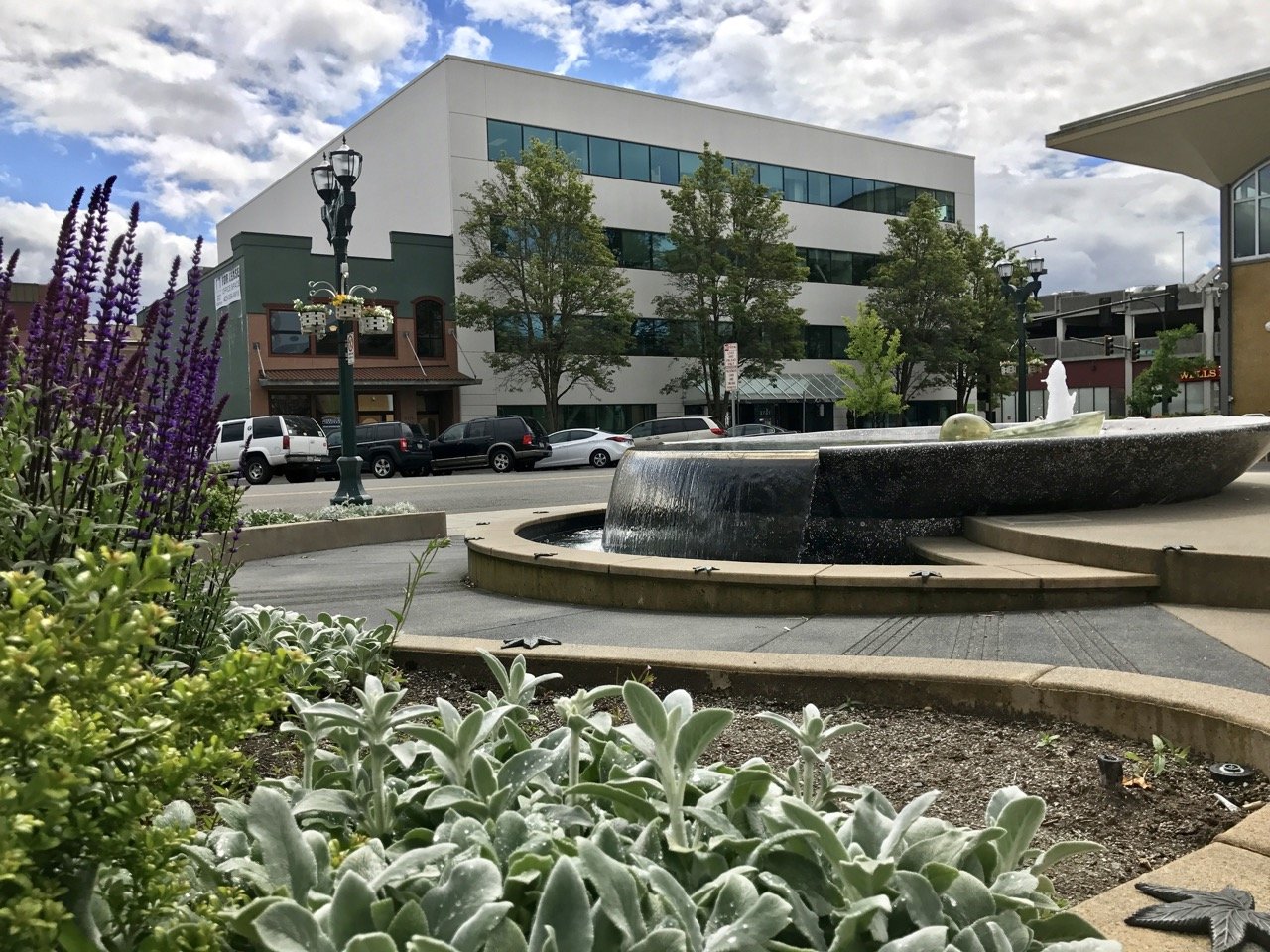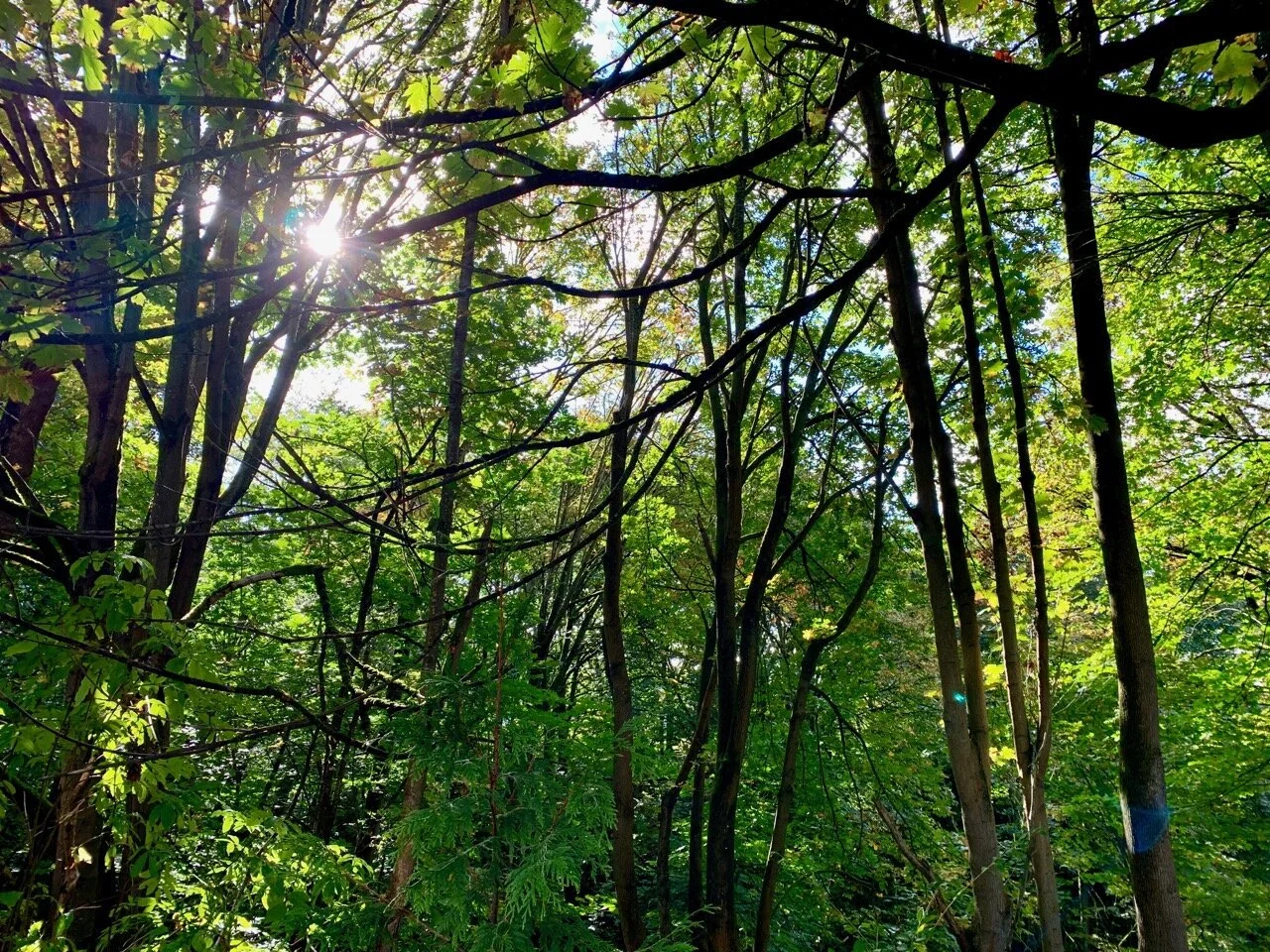Editor’s note: Originally published 4-20-20.
Starting a garden does not need to entail a huge budget and hired landscapers. With a little resourcefulness and elbow grease, you can transform part, or all, of your yard into a modern-day edible landscape.
GET STARTED
Turn part of your yard into a garden by sheet mulching. It’s not fancy and is very budget-conscious. Start by mowing everything low and adding a weed barrier such as overlapping cardboard to smother new growth.

Before sheet mulching // Courtesy of Down to Earth Community Gardens

After sheet mulching // Courtesy of Down to Earth Community Gardens
FERTILIZE FROM YOUR KITCHEN
Eggshells can add calcium to your tomatoes and prevent blossom end rot on nightshade, melons and squash plants. Bake them at 250 degrees for 15 minutes and then grind into a fine powder with a blender. Add coffee grounds to your soil to add nitrogen, which is important for all plants to grow.
NATURAL PEST CONTROL
Sprinkle food-grade diatomaceous earth on and around your plants to repel aphids, fleas, ticks, ants and grasshoppers. You can pick some up at garden centers, hardware stores, Sno-Isle Food Co-op and the co-op supply.
Sheet mulching makes handpicking slugs easy, make sure to wear gloves or wash your hands afterward because they carry many parasites. Placing a bowl of (cheap) beer in active slug areas brings a party, empty when full.
For all mammal pests, predator urine can be applied. Available to purchase at your local Cabela’s, we recommend coyote urine.

Fertilize with egg shells // Courtesy of Down to Earth Community Gardens
PLANT FOR NATIVE POLLINATORS
Bees love dandelions and clover flowers. Consider cultivating a clover lawn because clover fixes your soil and grows low so mowing is reduced. It is drought-resistant, stays lush and green during summers and works great in heavy traffic areas. Clover flowers are edible and delicious and you can use them in salads or as a jelly.
Are you ready to get your garden started? Let us know your plans over on Facebook.
Check out our other Everett gardening articles.
Down To Earth Community Gardens provides education and free resources to gardeners and brings a solution to local food insecurity through community and corporate partnerships.
Stop by the Living Lab at Terry’s home in Marysville or Eagle Ridge Community Garden in Lake Stevens for a garden tour. Learn how you can create your own edible landscapes while helping the environment and utilizing free resources.

Terry Bockovich (Myer) is the director of Down To Earth Community Gardens, an innovative and energetic community-builder, lover of cats and baby animals. Terry offers classes on sustainable gardening, free site visits, seeds, starts, raised beds and compost. You can find Terry in the community or at a local brewery, occasionally dressed up as a dinosaur and handing out zucchini and free beers to make people smile.



